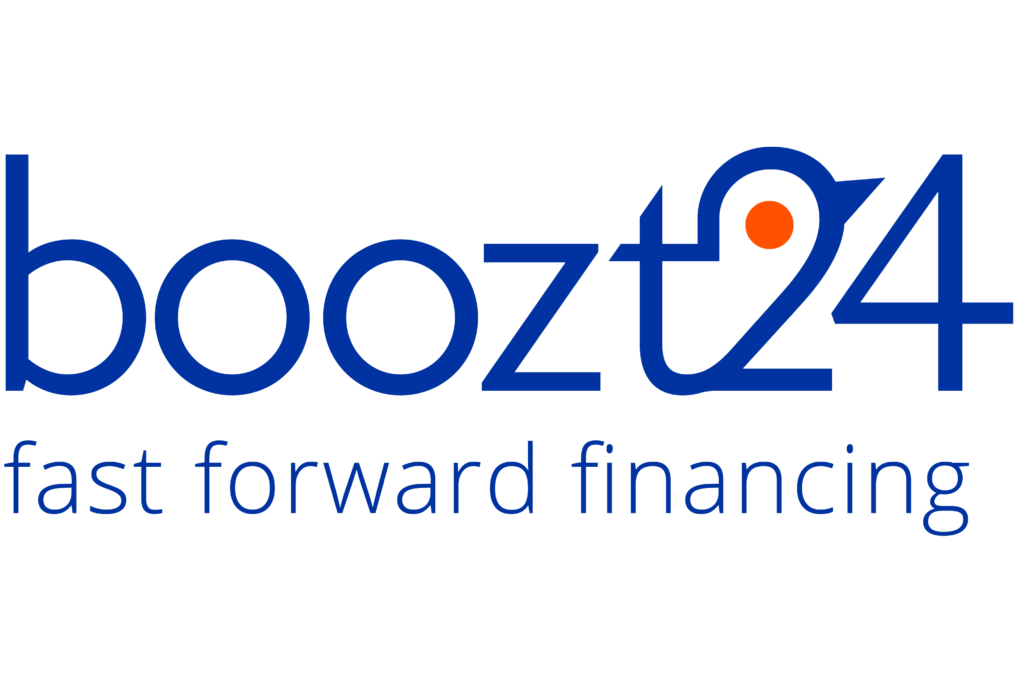As an entrepreneur in the Netherlands, you are obliged to charge VAT (Value Added Tax) on the products and services you provide. VAT is a tax charged on the sale of products and services.
Meaning of pre-financing VAT
Pre-financing VAT means that an entrepreneur prepays the VAT (Value Added Tax) that he pays when purchasing products and services for his company to the Tax and Customs Administration. He does this before he receives the VAT from his own sales.
What is VAT pre-financing?
As an entrepreneur, you may have to pre-finance the VAT because the invoices on which you charged VAT have not yet been paid. The VAT owed must be on the account of the tax authorities within one month after the end of the quarter. If the invoice is sent just before the end of the quarter or your debtor simply pays late, it is possible that you have not yet received the payment of the invoice, but that you already have to make the payment to the tax authorities yourself. It can be challenging to bear these costs, especially if you are dealing with financial constraints.
But how does this work in practice?
Suppose you are an entrepreneur and you have purchased products worth € 1,000, which are subject to 21% VAT. This means that you have to pay € 210 in VAT to the supplier. You can reclaim this € 210 from the tax authorities. If you then sell these products for € 1,500, for which you charge 21% VAT, you must pay € 315 in VAT to the tax authorities. At the tax authorities you now have to pay € 315 - € 210 = € 105. If the payments of the sales invoices have not yet been received, you must therefore already pay VAT, but your customer has not yet paid you. So you have not yet received the VAT that you must collect for the tax authorities, but you must already pay it. So you are pre-financing.
What if you have not paid the VAT late or not?
If you do not pay the VAT on time, the tax authorities can impose a fine on you. The fine is at least €50 and can be up to 100% of the amount you owe. That is why it is important to pay on time to avoid extra costs.
It is always better to prevent problems than to have to solve them afterwards. Make sure you are on time with submitting and paying the VAT.
7 tips for limiting VAT pre-financing:
Below are some tips that can help you to minimize VAT pre-financing:
Tip 1: Leverage automation
By automating invoicing and accounting, you can reduce the time between delivering the service or product and issuing an invoice. This allows you to invoice faster and the payment therefore arrives sooner.
Tip 2: Ensure a better cash flow
By improving your cash flow (see also blog…), you can better deal with the costs of pre-financing VAT. Make sure your customers pay on time and that you have a detailed insight into your income and expenses.
Tip 3: Plan ahead
Plan your expenses and receipts so you know what costs to expect. This enables you to budget in time and, if necessary, save for VAT payments.
Tip 4: Keep your records in order
Make sure you keep accurate records of your income and expenses and that you know what VAT you owe and when it is due. This makes it easier to determine how much VAT to pre-finance and when to pay it.
Tip 5: Consider using a VAT account
Tip 6: Request a postponement of payment
If you really have difficulty with pre-financing VAT, you can ask the Tax and Customs Administration for a postponement of payment. However, keep in mind that you do have to pay interest on the deferred amount and that you must substantiate why you cannot pay and why and how you can pay at a later time.
Tip 7: VAT factoring
You can also opt for a factoring solution. With factoring you transfer your invoices to a factoring company such as Boozt24. This will immediately pay you a percentage of the outstanding invoice amount. This way you can be sure that you always have direct access to your earned money.
Consider factoring with Boozt24
Boozt24 offers factoring as a solution for entrepreneurs who are struggling with cash flow problems, for example due to VAT pre-financing. As an entrepreneur, why should you choose factoring via Boozt24?
Firstly, you do not have to enter into long-term contracts, you can terminate your Boozt24 facility monthly. In addition, Boozt24 does not take over credit management like many other factoring companies do. Boozt24 considers it important that the customer retains control over his customers and communication with them. This ensures a strong customer relationship and the possibility to generate more turnover in the longer term. Read more about our working method.



